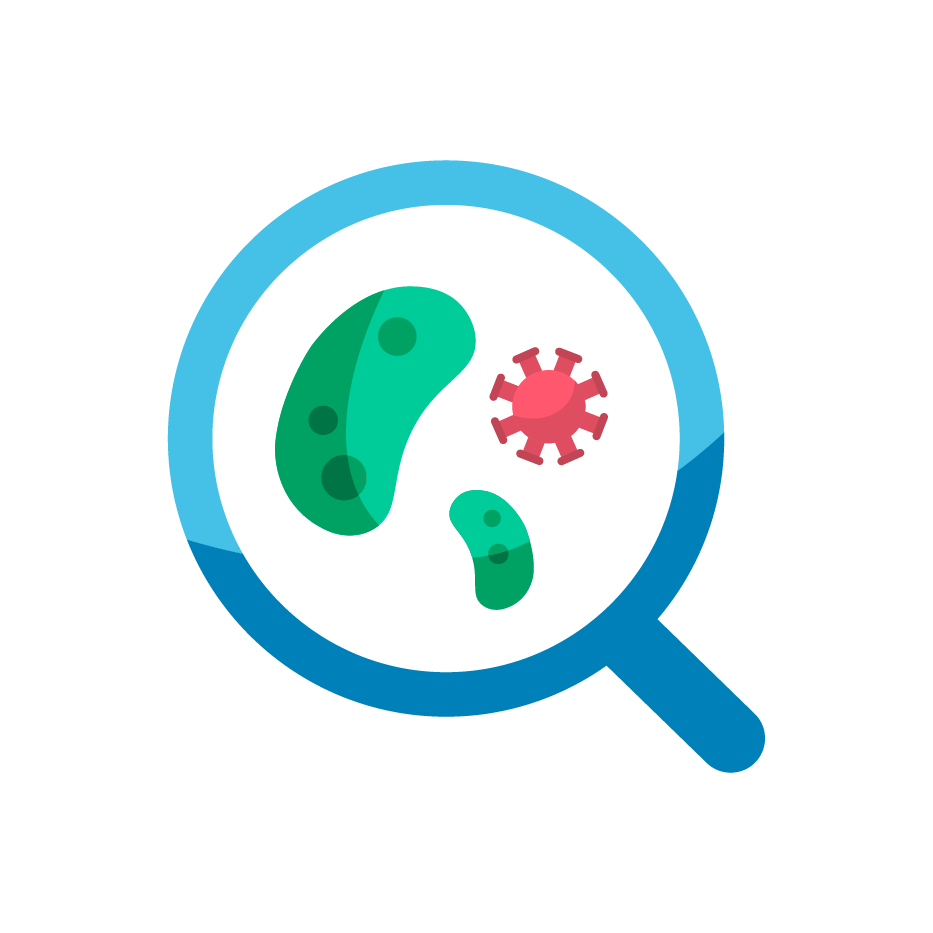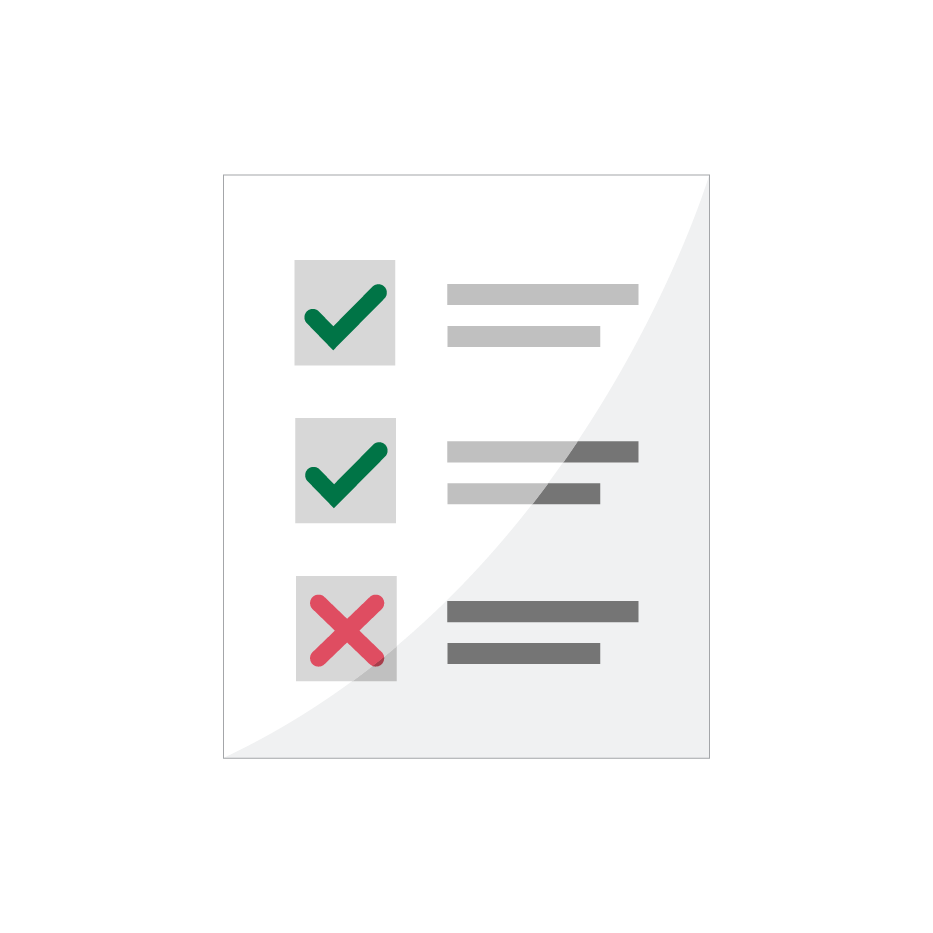Responsible Innovation: Everyone is dealing with the same problems
This past Spring, I had the privilege of representing iGEM at the Governance of Emerging Technologies and Science (GETS) Conference, run by the Arizona State University College of Law in Phoenix, Arizona. There, I listened to experts talking about their experiences with a wide range of issues, ranging from big data and fintech to gene editing and surveillance technology. I also spoke about my own experience with how iGEM handles governance and how that fits with international frameworks such as the Conventions on Biological Diversity’s Synthetic Biology report.
From the moment the opening session of the conference began, what struck me was how similar the challenges are for emerging technologies across fields. Whether it is biotechnology, artificial intelligence, or smart cities, the same questions come up over and over again. In this post, I’d like to give an overview of three areas of overlap between synthetic biology and other emerging fields:
Uncertain regulatory environment
You cannot regulate a technology that does not exist yet, which means that regulation always lags behind innovation. Therefore, when any new technology comes on the scene, there is a period of uncertainty about the regulatory environment that can make or break an emerging industry.
A good example of regulatory uncertainty is being played out today in the financial technology (“FinTech”) industry. As explained by Lauren Fahy, a PhD Fellow in Governance at Utrecht University, governments around the world are in the process of creating regulations for cryptocurrency, with some countries embracing it and creating national cryptocurrencies, and other countries trying to make it harder for cryptocurrencies to come on the market. This uneven and slow moving regulatory environment makes it difficult for FinTech start-ups to plan their next moves.
One method of creating stability, which Lauren Fahy studied in the UK, is called a regulatory sandbox. In these sandboxes, innovators and regulators work together closely from early on in the creation process. Embedding regulators into the innovation pipeline allows founders to ask questions early and often, and gives the regulators a heads-up as to where the technology is going.
Take-home message for iGEMers: Different countries are experimenting with sandboxes in emerging fields, so be sure to be on the look-out for a sandbox initiative in your country!
Data security and privacy
A tremendous amount of data is generated and utilized in almost every field today, especially in emerging technologies. Much of this data has high dual use potential. A well-known example is healthcare data, which can be used positively to help find preventative measures and effective treatments, but also can be used negatively to target individuals struggling with a disease.
The conference included sessions on Smart Devices and Privacy, Bio Data, Surveillance Technology, and Privacy Governance that all grappled with how we protect data and define privacy in our interconnected world. The bottom line from all these sessions is that fundamentally, data is data, and therefore advances in security and policy around data in one field can positively impact many fields.
Take-home message for iGEMers: As you go on to build amazing products through your iGEM journey and beyond, it is important to think about the impact of the data you are creating.
Protecting intellectual property
The need to protect the intellectual property (“IP”) of innovations was another major theme of the conferences. A firmly held view is that new fields can only reach maturity once IP is worked out and the industry can grow outside the confines of academia. There is also tension between the level of disclosure required for new technologies in patent applications (particularly in the US), and the need to protect very sensitive information as trade secrets.
Take-home message for iGEMers: Take the initiative to learn about intellectual property as you move ahead in your career, whether in industry or academia.
My experience at the GETS Conference was enlightening for me as well as for the many other participants from different fields. As pioneers and leaders of synthetic biology, I encourage everyone in the iGEM community to reach out to other researchers in emerging fields to see what we can learn from one another.










